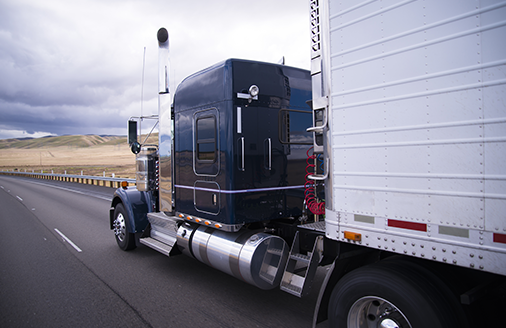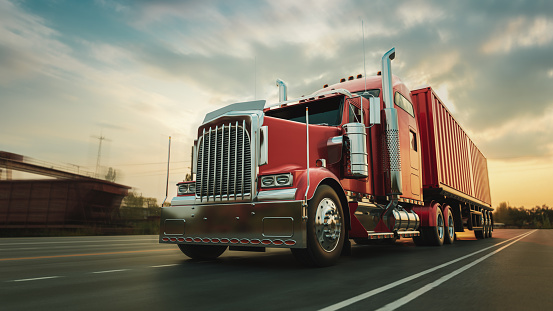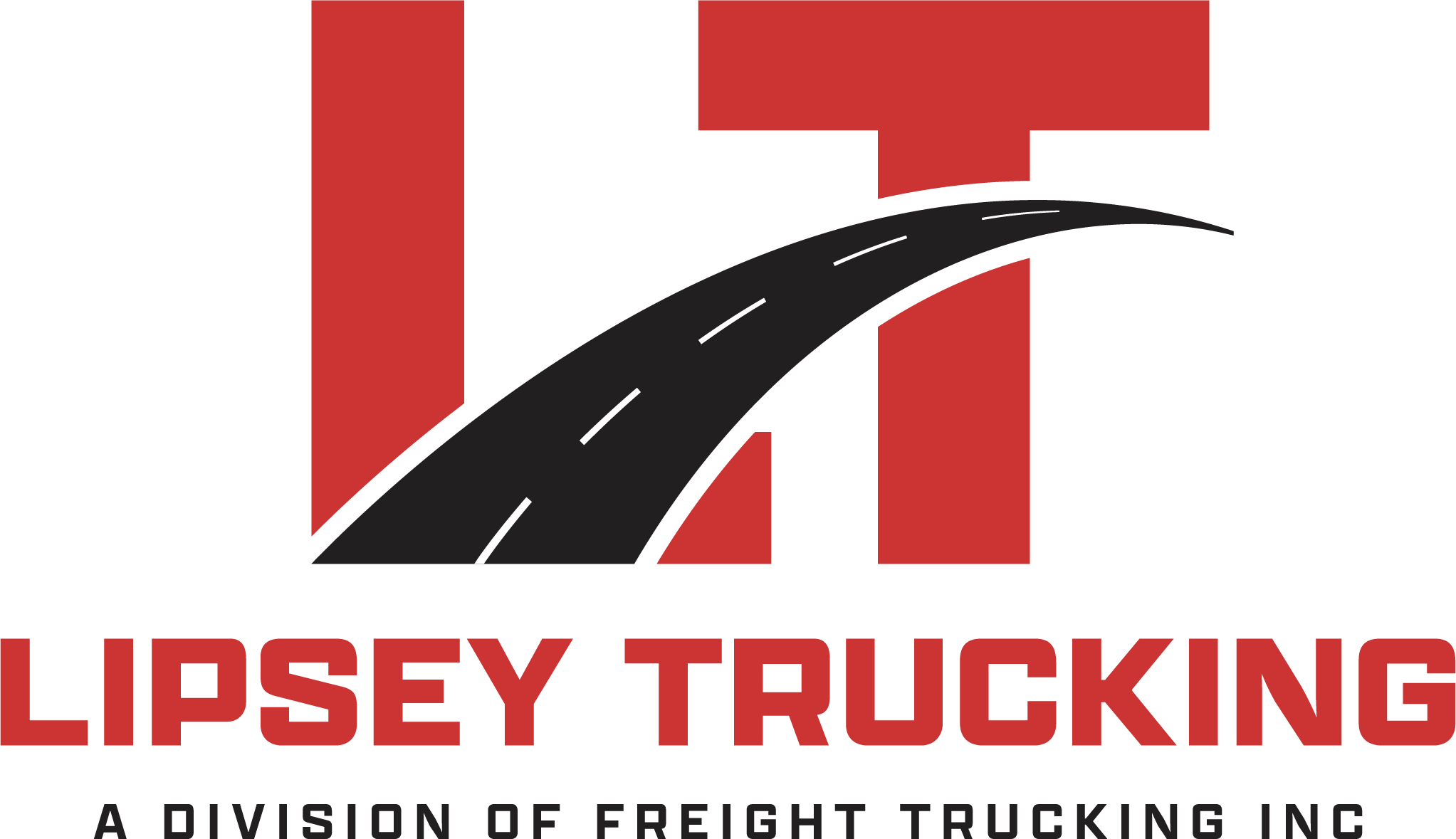
Deciding between life as a company driver or an owner operator is a lot like the choice between renting and owning a house. As a company driver (renting), you have a steady job and expenses are relatively low. As an owner operator (owning), there’s much more reward for your work but more responsibility, and costs, come along with it.
Should you decide to become an owner operator, here are 10 tips to being successful.
Understand Your Costs
Trucks costs can vary greatly depending on your equipment, personal credit score, and fuel/maintenance programs, to name just a few factors. Unless you’re one of the few who can afford to pay for a truck with cash, you’re likely leasing a truck from another company. Lease costs can vary from $2,000 – $5,000 per month.
On top of that, maintenance costs are often unpredictable and immediate. If your truck breaks down, you don’t have a way to generate income.
Manage Maintenance Costs
If you’re unable to generate income, it will be pretty difficult to cover leasing costs and generate income. For that reason, you should be on the lookout for maintenance discounts and partnerships. What will new tires cost? What if your A/C goes out? What if you need a new inverter?
In addition, it would be wise to set aside several thousand dollars to handle unforeseen expenses. If you sign on with a company to run under their authority, you will likely be required to build an escrow account. Escrow accounts are like savings accounts, giving you an emergency stash of money to use when needed.
Regular PMs and inspections will help you avoid costly repairs down the road!
Take Care of Yourself
Life on the road can take a toll on your body. Human beings weren’t meant to sit for 10 hrs/day after all. In order to drive safely and efficiently, it’s important to maintain a healthy diet and find ways to get exercise on the road. That may be challenging, but it’s definitely not impossible! You may be surprised at some of the activities you can do from the inside of your cab. Great examples can be found here.
Minimize your fast food intake too. Poor diet can lead to poor sleep, which can impact your safety and performance behind the wheel. Oversleeping can mean you’re taking extended breaks and that means you’re making less money. After all, if you’re not driving, you’re not earning!
Be Safe
Unsafe driving can seriously hinder your ability to grow your business. Any DOT violation impacts your CSA scores and reduces opportunities for future revenue. Maintain your equipment in good condition with regular PMs and pre/post trip inspections.
Additionally, speeding may help you to get a load delivered faster, but it can also lead to license suspensions or worse, an accident. In either of those circumstances, you will lose your ability to generate income. Plan for the long term and drive safely.
Choose the right loads
Understanding how to find the “right” load can seriously impact your bottom line. Let’s break this into subcategories:
Markets
Which areas are best for inbound and outbound freight? Your goal should be to deliver into areas with a high demand for trucks. These areas will have more freight than available truck capacity can handle. That way, you’re being paid top dollar. “I just found a load that delivers to Bismark, ND for $8,000!” Well, you might make good money going there, but what’s your next move? Unless you have a dedicated customer to provide outbound freight, it’s likely that you will have to incur hundreds of miles of deadhead, with no revenue, to find your next load.
Pickup/Delivery Times
Does the load have strict appointments or is it a First-Come-First-Serve window? If it’s the former, you would be wise to determine whether or not you can make those appointments given (1) deadhead miles, (2) your available Hours of Service, and (3) any other load commitments you may have afterwards.
Understand Your Daily Mileage
The average truck driver runs 550 miles per day. The best loads will have distances that are roughly in that range so that you can get a full day’s work. If the lane is shorter than that, you will likely work fewer hours than you are able to run, which means you will generate less revenue than you are legally able to.
Watch Your Weight!
Heavier loads will increase your fuel costs and cause more wear & tear on your tractor. Aim for lighter loads when possible!
Load Boards
How do you find freight? Considering signing up for one of the load boards at companies like DAT (costs money), Truckstop.com (free), and J.B. Hunt 360 (free). Once you’re set up with a load board, you can build relationships with brokers on lanes that fit your needs. As you build those relationships, you can reduce the amount of time it takes you to find additional freight.
Manage Your Week
Plan accordingly so that you can maximize your drive time. Do you have any appointments that you need to hit? Remember that idle time is non-revenue time! Dedicated freight is your best friend in this area. Look for familiar routes and customers that you can run on repeat. Partnering with a dedicated carrier (such as Lipsey Trucking) will help you reduce uncertainties and give you the ability to manage your time and revenue generation better.
Understand Freight Cycles
Recognizing which parts of the country experience seasonality and at what times can help you take advantage of opportunities throughout the year. Positioning your truck in those markets that have a high demand for capacity will lead to increased revenue. Read about produce season, the Chinese New Year, Retail Season (or Peak Shipping) and Christmas Tree season, among a multitude of other seasons that impact freight rates.
Manage Money Flow
Rather than obsessing over rate per mile, as many drivers do, direct your attention to gross revenue. Focusing on the former is overly short sighted. Develop strategies to increase your weekly or monthly revenue.
Also take into account your expenses and the frequency of incoming payments. You might have weekly expenses but you may only get paid each month. (Fact: Lipsey Trucking pays our owner operators every Friday morning, guaranteed.) Manage your cash flow so that you can cover those expenses.
Maintain a Good Credit Score
Unless you have a few hundred thousand dollars sitting around, you will need to explore financing options in order to grow your fleet. A good credit score will allow you to purchase that next truck at a much, much lower price.
|
Factors Hurting Your Score |
Tips to Increase Your Score |
| Late bill payments | Pay your bills on time and in full |
| Opening too many lines of credit too quickly | Refrain from applying for too many credit lines too often |
| Using too much of your credit line |
Only use up to 30% of your available credit |
Equipment
To begin with, purchasing equipment in good condition will significantly impact your ability to earn throughout the course of truck ownership. It may cost a little extra up front, but if you’re constantly working through break downs, you will not be able to generate consistent revenue. Start with a quality truck.
In addition, regular PMs and pre/post trip inspections will help you get ahead of costly repairs and breakdowns. Remember that in those circumstances, not only are you having to pay for the repairs, but you’re also missing out on revenue from driving.
What other advice do you have for aspiring owner operators? Please comment below and tell us!
To learn more about Lipsey Trucking’s owner operator programs, you can email us at recruiting@lipseytrucking.com or call us at 423-701-7100. You can also read more on our Owner Operator page and begin the application process there!



